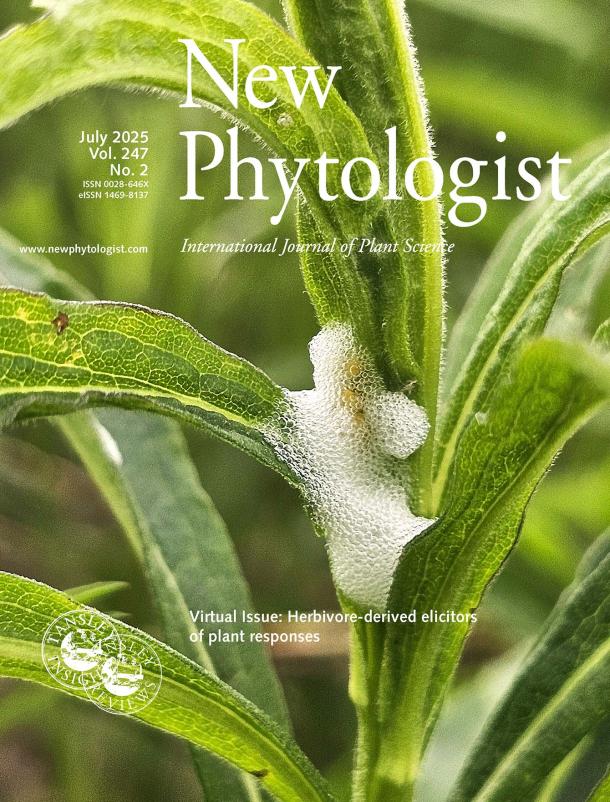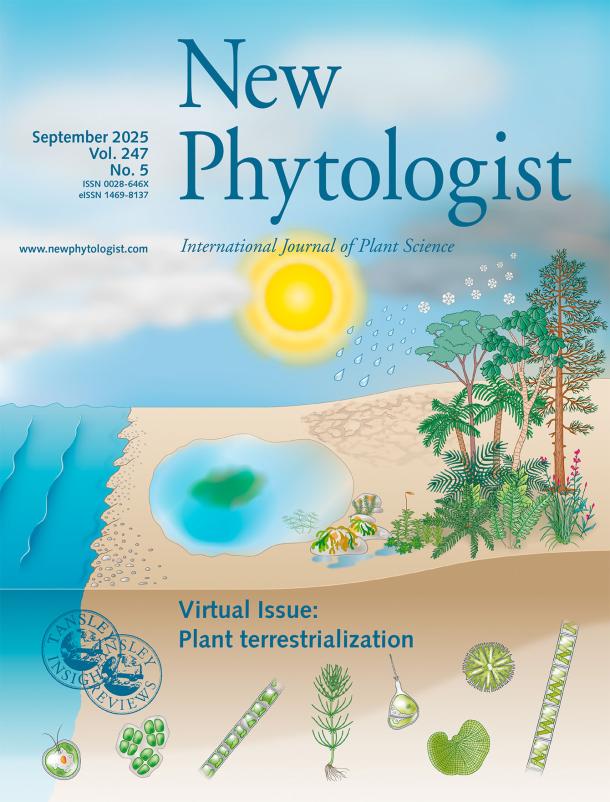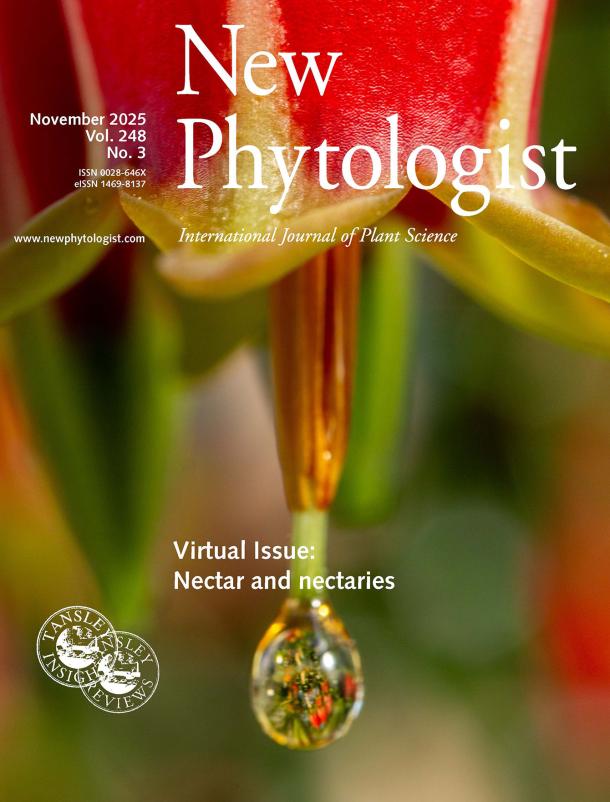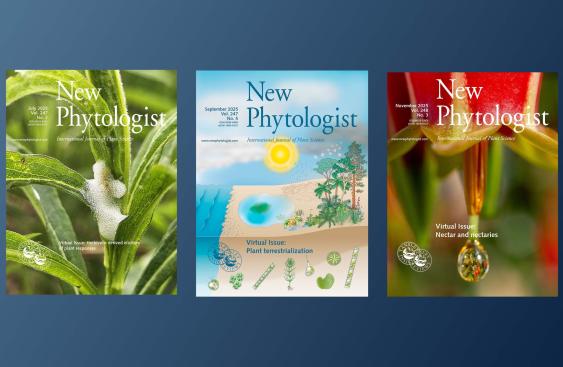New Phytologist's Virtual Issues contain a collection of related papers from various issues of the journal. By curating these papers, with an up-to-date Editorial, we aim to make these topics more accessible for our readers and encourage further research.
Herbivore-derived elicitors of plant responses
Plants respond to herbivory with significant transcriptional and metabolic reconfigurations. Some of the metabolic changes, specifically those to secondary metabolism, can mediate increased resistance to the attacking herbivores, mostly through the increased production of toxic, antidigestive, antinutritive and repellant compounds or, simply, by altered compound composition or diversity.
In all cases plant responses can be strikingly specific to the attacking herbivore species or even the developmental stage of the attacker. The question of how these responses can be so specific and the role of induced response to herbivory in driving population-, community- and ecosystem-dynamics is a major driver of research in plant physiology and molecular biology as well as plant and chemical ecology.

In this Virtual Issue, edited by André Kessler, we bring together New Phytologist papers that highlight some of these recent developments in the study of herbivore-derived elicitors of plant responses.
Read the Editorial
Plant terrestrialization
The origin of land plants, which was underpinned by a complex amalgamate of ancestral and derived traits, remains a fascinating puzzle. Yet, as more genomic resources and organismal systems from across the tree of land plants and their algal relatives are established, this is facilitating research and helping us answer long-held questions.
In this Virtual Issue, edited by Ralph Panstruga, Janine Fürst-Jansen and Jan de Vries, we focus on piecing together streptophyte trait evolution and bring together papers from New Phytologist that have contributed to advances that have been made in the evolutionary inference of (early) land plant form and function.

Read the Editorial
Nectar and nectaries
Nectar is the central bridge between flowering plants (angiosperms) and the pollinating animals on which these plants rely. The consumption of nectar and the subsequent transfer of pollen by specific pollinators are vital to the reproductive success of most angiosperms. In flowering plants, nectar is produced and secreted by specialized tissues termed the nectary.
This Virtual Issue, edited by Yan Gong, Elena M. Kramer, Irene T. Liao and Rahul Roy, captures the breadth and momentum of current research in nectar and nectary biology, spanning ecology, evolution, development, and physiology. Together, these studies reflect an increasingly dynamic field, invigorated by new tools, interdisciplinary approaches, and fresh evolutionary insights. As research progresses, we are gaining a more integrated understanding of how nectar influences pollination ecology and how nectaries have originated and diversified over the past 100 million years.

Find further information and explore all of New Phytologist's Special Collections on Wiley Online Library.

